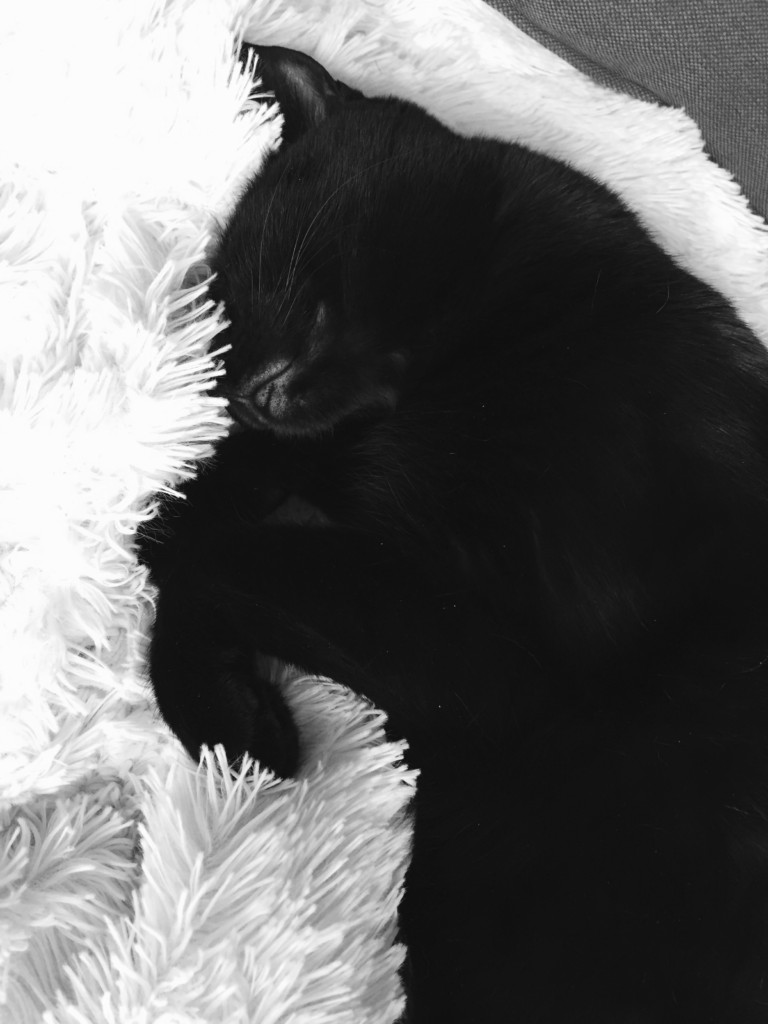Getting a good night’s sleep is absolutely critical for maintenance of good health. Below are 20 easy ways to improve your sleep hygiene and catch some zzz’s at night.
- Make your room as dark as possible
- You shouldn’t be able to see your hand in front of your face. If you use an alarm clock, turn it away from you. The light disrupts circadian rhythm of the pineal gland, hindering the production of melatonin.
- Be aware of electromagnetic fields in your bedroom
- They disrupt the pineal gland and production of melatonin and serotonin. EMFs are emitted through digital alarm clocks and other electrical devices. If you use them, leave them three feet away. Turn off the TV, cell phone, tablet, laptop etc, you get the idea!
- Use your bed for sleeping and sex ONLY!!!!
- Avoid using a loud alarm clock
- Waking up suddenly to the blaring wail of an alarm clock can be a shock to your body. You will feel groggier when you are roused in the middle of a sleep cycle,
- Try using an alarm that gradually gets louder
- If you go to the bathroom during the night, keep the lights off
- Even brief exposure to light can shut down the melatonin production. Consider booking an appointment with a pelvic floor physiotherapist if you’re waking frequently to urinate.
- Establish regular sleeping habits
- Get up each morning and go to bed every night at roughly the same time, including weekends.
- Sleep nude
- Wearing pyjamas increases your body temperature and interfere with melatonin release while you sleep
- Go to bed by 11p.m the latest
- The adrenal glands, which produce our ‘stress hormones’, recharge or recover between 11p.m and 1.am. Going to bed before 11p.m is optimal for rebuilding your adrenal reserves.
- Sleep 7-9 hours a night
- Consistently needing more than 9 hours of sleep every night warrants a visit to your doctor for further investigation. Likewise, some people just need more sleep than others, but if you can wake with an alarm and feel rested, you’re probably getting the correct amount for your body
- See the light first thing in the morning
- Daylight and morning sounds are key signals that help waken your brain. Turning on lights or opening the blinds is the proper way to reset your body clock and ensure that your melatonin levels drop back to “awake” mode until the evening.
- Develop a calming bedtime routine
- Reading something spiritual or listening to soft music can become cues for your mind to relax. Avoid any reading related to work, especially emails.
- If you cannot sleep, get out of bed
- Tossing and turning in bed will only make you feel frustrated. Try getting up for 15-20 minutes, but keep the lights low and TV and computer off and avoid starting at the alarm clock.
- Make a to-do list or try writing in a journal
- If you have problems sleeping because you feel that you have a million things to do then write everything down! Emptying those thoughts onto paper, but knowing that they are somewhere you can access them when you are ready creates relief.
- Exercise at the right time
- Exercising fewer than 3 hours before bedtime may be too stimulating and can impede your ability to fall asleep ***Yoga and strength training are exceptions to this rule because they are less stimulating than cardiovascular exercise.
- Don’t forget to exercise your mind
- Try Sudoku or a daily crossword to stimulate your mind during the day and prepare the body for resting at night.
- Avoid napping
- If you are getting enough sleep in the night, you shouldn’t feel the need to sleep in the day.
- If you absolutely need a nap? 30 minutes max, no later than 3pm.
- Avoid caffeine of any source, especially after 2pm
- Caffeine may be metabolized at different rates in different people.
- A dose of caffeine usually takes 15 to 30 minutes to take effect and lasts for 4 to 5 hours. In some people it may last much longer, making usage in the afternoon a bad idea. If you must have it, have it in the morning.
- Stay away bedtime snacks that are high in sugar and/or simple carbohydrates
- Breads, cereals, muffins, cookies, or other baked goods prompt short-term spike in blood sugar, followed by a sugar crash later on.
- Try to avoid eating for at least 2 hours before going to bed. If you do need a snack, reach for a protein-rich, high-fiber snacks like a few almonds and half an apple.
- Go easy on the alcohol
- The body metabolizes alcohol as you sleep, which can result in sleep interruption.
- It appears to affect brain chemicals that influence sleep and shortens total sleep time, prevents you from failing into deeper stages of sleep (where you do most of your healing!)
- One ounce or more within 2 hours of bedtime may disrupt sleep.
- Complete your meditation or visualizations in the evening
- Performing your meditation at night will help calm your mind and promote relaxation
Want more of the good stuff? Book an appointment at the RSNC to learn more about natural sleep remedies that may help you.
Meet Nala, the cat I rescued and the world’s greatest nap buddy!

Information extracted from The Hormone Diet, By Dr. Natasha Turner, ND

